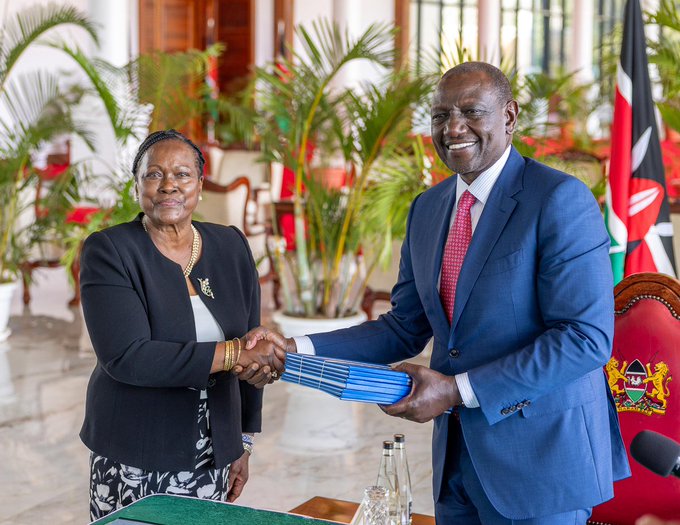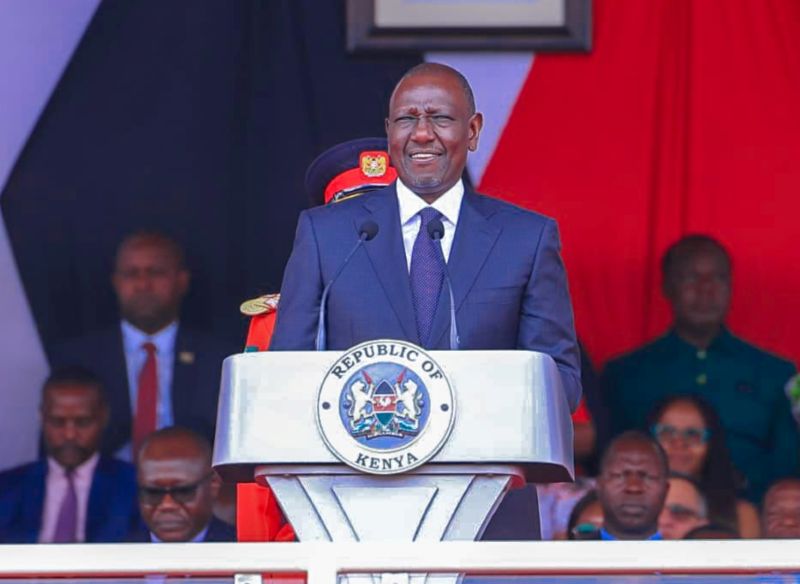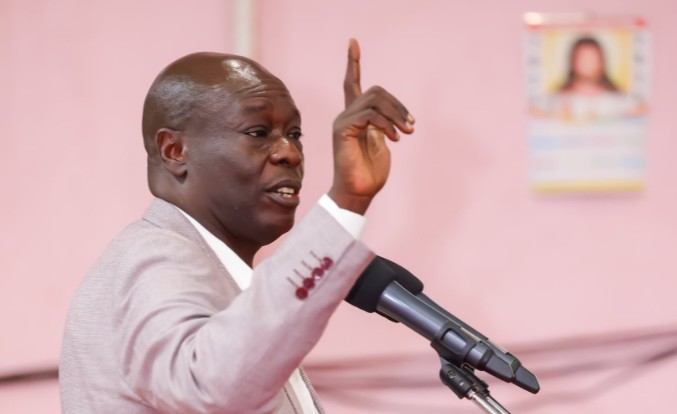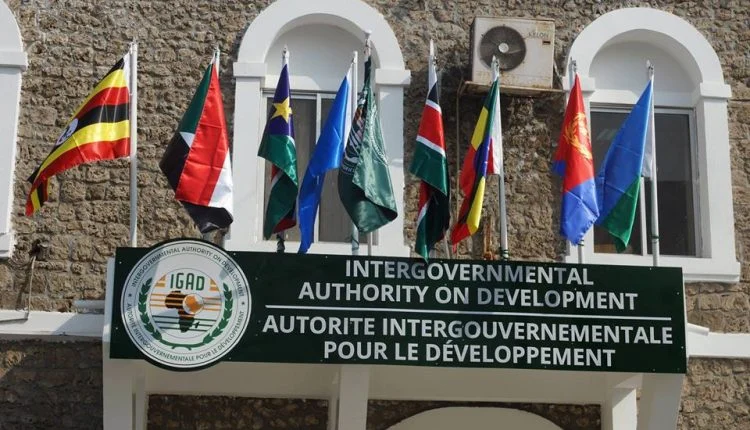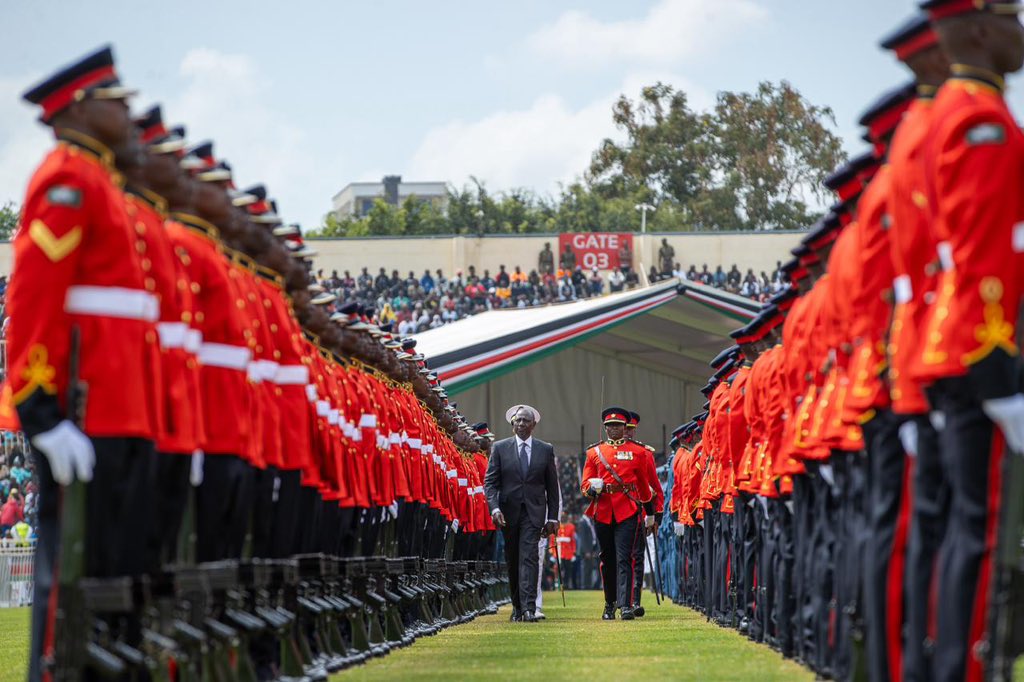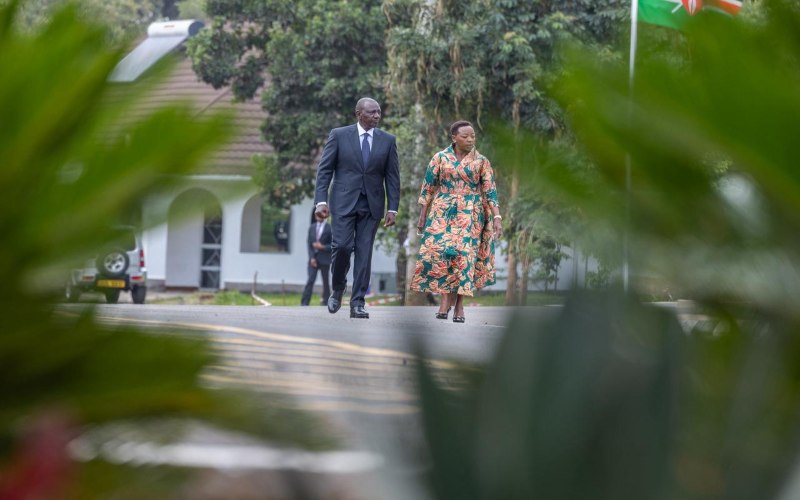Governance Committee orders mandatory audit attendance for university heads
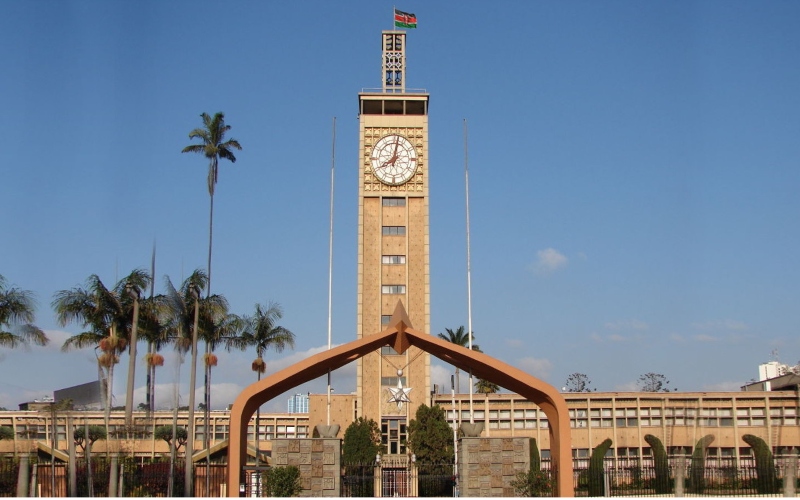
The Committee underscored that this oversight is vital for addressing financial mismanagement, governance gaps, and any suspected wrongdoing.
Public institutions across the country have been put on notice that accountability and attendance at parliamentary audit sessions are not optional.
The Public Investments Committee on Governance and Education, led by Wanami Wamboka (Bumula), emphasised that institutional leaders must appear when summoned, and former officials must attend where specifically required.
More To Read
- County expenditure share by sector (FY2023/24)
- Rival Isiolo speakers face Senate over audit failures
- Bill targets unsafe pesticide sales on online platforms
- MPs back move to amend finance law to align audit timelines with Constitution
- Senate targets KEMSA in plan to turn devolved institutions into executive agencies
- State agencies, counties owe Kenya Power Sh4.67 billion in unpaid bills - Auditor General
The Committee underscored that this oversight is vital for addressing financial mismanagement, governance gaps, and any suspected wrongdoing.
During hearings focused on issues raised by the Auditor-General, the Committee instructed institutions to fully explain the use of public funds and provide detailed, time-bound plans to correct deficiencies.
Several institutions were rescheduled to return with the necessary leadership and supporting documentation.
Jaramogi Oginga Odinga University and Jeremiah Nyagah National Polytechnic are expected to appear on December 3, 2025, with the latter required to bring its former principal due to the limited tenure of its current head.
Kenya Utalii College has also been summoned to present senior management on the same date.
The Committee examined Eldoret National Polytechnic, investigating delays in a library construction project.
The contractor had been terminated after promised funds did not arrive.
MPs advised management to stop relying solely on capitation funds and to explore alternative revenue sources, including leveraging the institution’s 104 acres.
Officials were instructed to submit a clear revenue generation plan to demonstrate proactive financial management.
The School Equipment Production Unit’s session was postponed because key officials were missing, highlighting the Committee’s insistence on full preparedness and participation during hearings.
At the University of Nairobi Enterprises and Services, members questioned procurement practices after noting seven officers were appointed to a tender panel instead of five, and a contract was awarded to an unqualified bidder.
The Committee reminded management that laws governing procurement require both compliance and value for public money, not simply awarding to the lowest bidder.
Tambach Teachers Training College was highlighted for persistent governance issues, including three consecutive years of adverse audit opinions and a serious ethnic imbalance among staff.
MP Wamboka suggested the matter be referred to the Head of Public Service for further action.
Reflecting on Parliament’s oversight role, MP Wamboka said, "It is a mechanism to protect public resources, to demand accountability and to ensure those who manage public institutions answer for lapses. Institutions must comply when summoned. Where misconduct or fraud is established, the law will take its course."
Top Stories Today
